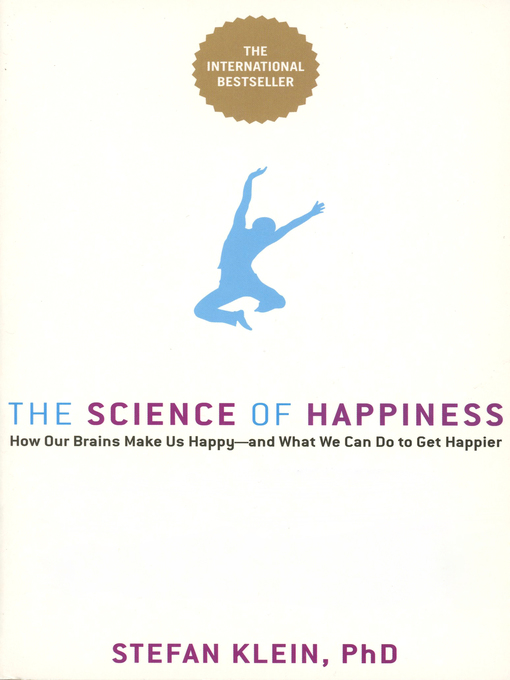The international bestseller. An enthralling exploration of the science of happiness.
We all know what it feels like to be happy, but what mechanisms inside our brains trigger such a positive emotion? What does it really mean to be happy, and why can't we feel that way all of the time? Psychologists and neuroscientists have been studying negative emotions for decades, but until recently few have focused on the subject of happiness.
Now, in The Science of Happiness, leading science journalist Stefan Klein ranges widely across the latest frontiers of neuroscience and psychology to explain how happiness is generated in our brains, what biological purpose it serves, and the conditions required to foster the 'pursuit of happiness'. A remarkable synthesis of a growing body of research that has not been brought together before, The Science of Happiness is, ultimately, a book that helps us understand our own quest for happiness — and is certain to help make you happier.

